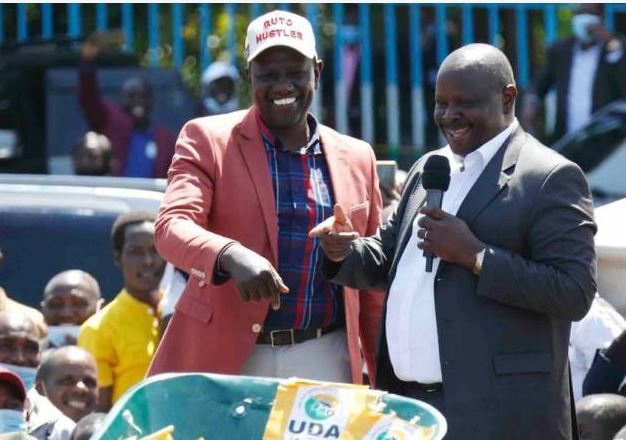×
The Standard e-Paper
Join Thousands Daily

Aspirants are already giving incumbent governors in the South Rift sleepless nights as races to succeed county chiefs serving their final terms hot up.
An election fever is sweeping through Bomet, Narok, Kericho, Nakuru and Nyandarua counties where a former governor, a Cabinet secretary, senators and senior civil servants are scheming to either succeed outgoing governors or unseat those serving their first terms.